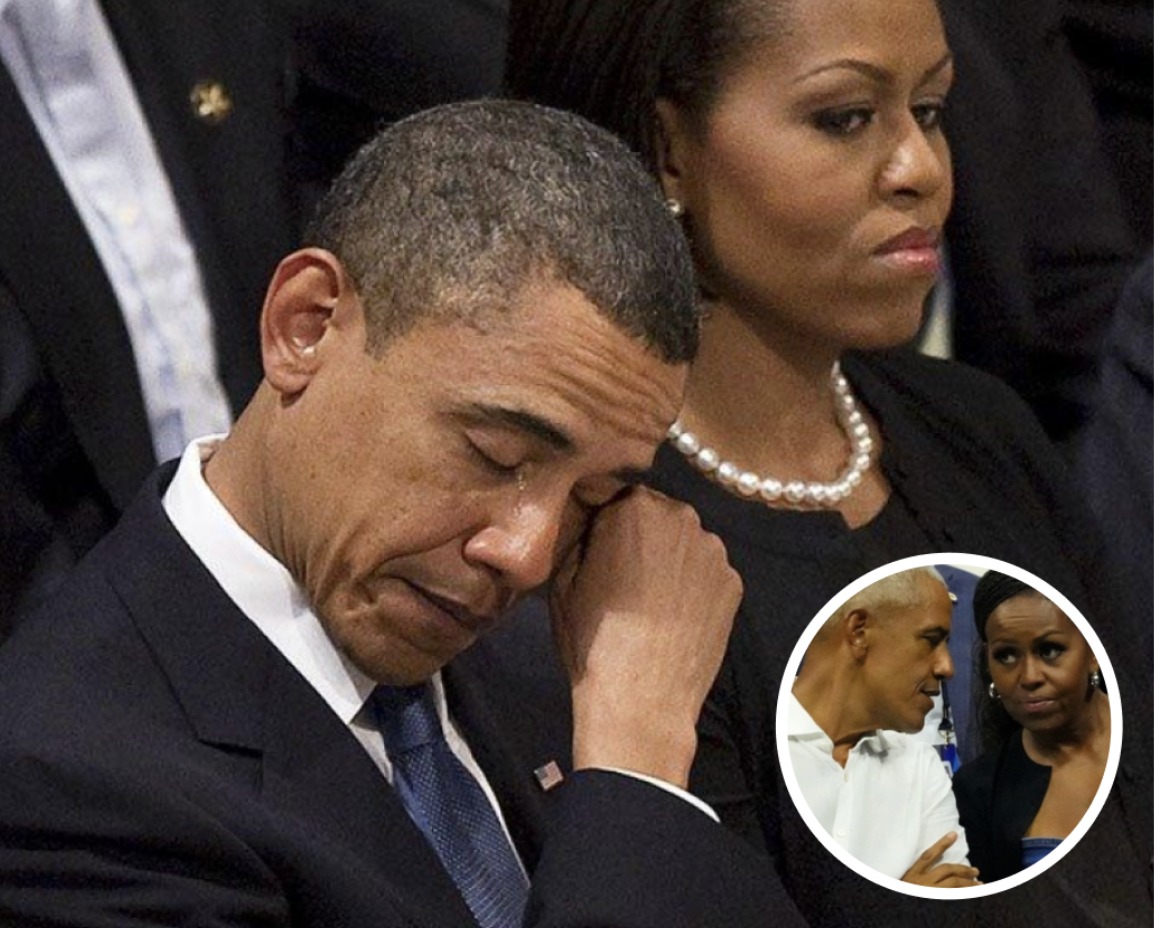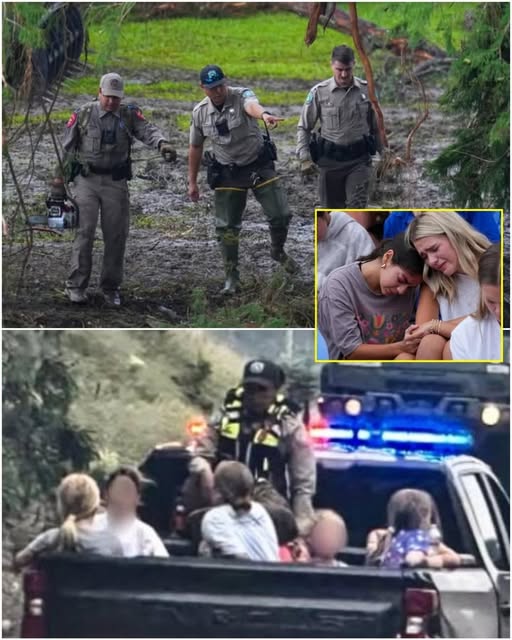A major shift is unfolding in the nation’s capital as the Trump administration seeks to establish Washington, D.C. as the centerpiece of a larger federal campaign targeting urban crime. With sweeping interventions now underway, Congress finds itself at the center of what may become one of the most pivotal debates over crime and governance in recent memory.
D.C. as the Federal Crime Policy Testing Ground
What’s happening in Washington isn’t just local — it’s being framed as a national model. President Trump has positioned D.C. as a testing ground for policies that, if successful, could extend to cities nationwide. This approach has fueled heated political clashes, with conservatives praising the decisive action, and liberals warning of federal overreach and threats to local autonomy.
Rather than work through municipal structures, Trump has opted for an assertive federal takeover of key policing functions within the capital. This bold move has created a legal flashpoint, with scholars and lawmakers alike debating how much power the federal government can (and should) wield over the city.
Capitol Hill Braces for a Policy Showdown
Congress is gearing up for a high-stakes fight. With the White House signaling a sweeping anti-crime legislative package, Republicans are rallying in support while Democrats prepare resistance efforts. The legislative battle may define not only urban crime policy but also the future of federal-local dynamics.
Senator Lindsey Graham has taken a lead role in building support for the administration’s plan, working closely with Trump and Attorney General Pam Bondi. Graham’s involvement underscores the party’s commitment to pushing this agenda forward.
“We don’t believe Democrats will do what it takes to curb crime. Republicans are ready to act,” Trump said recently, signaling a partisan approach to what is traditionally a complex, bipartisan issue.
Urban Renewal as a Crime Prevention Strategy
In addition to policing reforms, the proposal includes substantial investment in D.C.’s physical infrastructure. Though Trump has referred to it as a “small amount,” insiders suggest that the funding under discussion for road repairs and beautification is significant.
This reflects a broader “environment-as-prevention” philosophy — often linked to the “broken windows” theory — which argues that improving urban conditions can have a positive impact on crime reduction. Supporters believe environmental change promotes safety; critics argue it does little to address the systemic causes of violence and poverty.
Senator Katie Britt, who heads the Senate subcommittee on Homeland Security Appropriations, is spearheading the funding efforts. The creation of a so-called “D.C. Security Fund” indicates serious federal investment is being planned — though official figures remain undisclosed.
Constitutional Controversy Brews
The administration’s efforts to reshape D.C. law enforcement have stirred legal controversy. Trump’s current control over the Metropolitan Police Department is temporary, expiring after 30 days unless Congress extends it. This has become a strategic battleground for Democrats hoping to stall or derail the plan.
Because D.C. occupies a unique place in the American legal system — operating under congressional oversight while maintaining local governance — this situation presents rare and complex legal challenges. The Home Rule Act allows for federal intervention under emergency conditions, but whether current crime levels meet that threshold is hotly debated.
Some officials have floated the idea of declaring a national emergency to bypass congressional approval altogether — a move that could face immediate lawsuits and trigger a national debate over executive authority.
Local Communities Feel the Shift
The changes have already impacted day-to-day life in the District. Attorney General Bondi recently overturned sanctuary protections, allowing local police to fully cooperate with federal immigration enforcement — a reversal that has alarmed many in the city’s immigrant communities.
Activists argue these changes will damage public trust and reduce cooperation between communities and law enforcement. Federal officials argue it’s a necessary step to rid neighborhoods of crime.
Adding to the tension is the appointment of a federally designated “emergency police commissioner,” who now oversees daily operations of the D.C. police — replacing what was historically local leadership. Critics argue this undercuts democratic accountability and D.C. home rule.
D.C. Today, Other Cities Tomorrow?
Though focused on the capital, Trump has made clear this initiative could extend to other urban areas, especially cities led by Democrats that he claims have failed to contain crime.
If deemed a success, the D.C. model could be replicated across the country — a radical shift from traditional local control of law enforcement to centralized federal oversight. This prospect is already sparking fierce debate among city officials, legal scholars, and civil rights organizations.
Some GOP governors and mayors are showing interest in receiving similar federal support. Meanwhile, Democratic mayors are building alliances to resist what they see as encroachments on local authority.
What Happens Next
Congress returns from recess soon, and the clock is ticking. A looming September 30 budget deadline could serve as a vehicle for Republicans to include funding and policy language related to the D.C. initiative in broader spending bills. That maneuver could force Democrats into a corner — accept the plan or risk a government shutdown.
This debate cuts to the core of American governance: What’s the appropriate balance between national leadership and local control? Is a stronger federal role in city policing the answer, or a dangerous concentration of power?
On Friday, D.C. Attorney General Brian Schwalb filed a lawsuit challenging the federal actions, setting off what is likely to be a lengthy legal fight. The courts will weigh in on the limits of federal authority in local matters — but regardless of the outcome, the political battle is far from over.
The Bigger Picture
Washington D.C. has become a symbol in the broader ideological battle over how to address crime, urban decay, and governance in America. Whether Trump’s aggressive federal approach becomes the new norm or is ultimately rolled back will depend not just on court rulings, but on public sentiment and measurable changes in safety and quality of life.
As lawmakers and citizens alike watch this story unfold, one thing is certain: the decisions made in D.C. over the coming months could reshape urban policy — and redefine the American experiment in democratic self-rule — for a generation to come.




